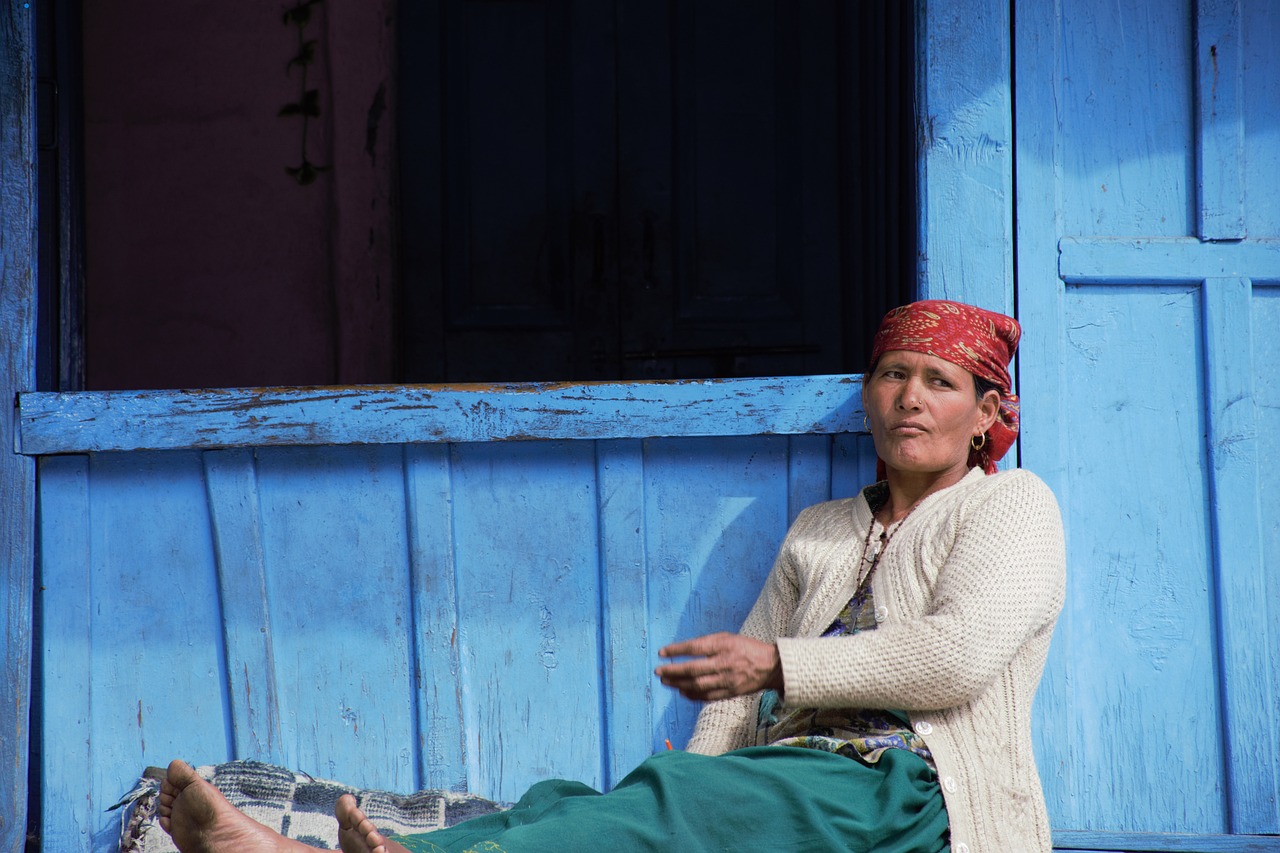Report by Paridhi Agarwal
In a historic special session of the Indian parliament held from September 19, 2023, the two houses passed the 128th Constitution Amendment Bill, popularly known as the women’s reservation bill or Nari Shakti Vandan Adhiniyam. The bill was passed by the Lok Sabha on September 20, 2023, with a majority vote of 454-2 and by Rajya Sabha the next day with a vote of 215-0.
Why do women need a quota in parliament?
The main reason for reserving seats for women is that the law makers believe that if women are not represented equally in the parliamentary bodies, they will not have a say in laws and policies of the country.
A 2003 study that studied the effect of reservation for women in rural bodies showed that women who were elected under the reserved seats could invest more in public goods which are related to women’s concerns.
Key Features of the bill
The reservation: This bill reserves one-third (33%) of the total seats in Lok Sabha and State Legislative assemblies for women. These seats include sub-reserved seats for groups like Scheduled Castes (SC), Scheduled Tribes (ST), and Anglo-Indian communities. The bill says that the reservation of the seats will exist for 15 years after it has been implemented.
Implementation: The bill, although passed this year, can only be implemented after a delimitation exercise to be carried out after the next Census. The Census was supposed to be carried out in 2021 but was postponed due to the pandemic. The date of the postponed census has not been confirmed yet. So, as of now, we don’t know when this Act will be implemented.
Delimitation refers to the fixing of boundaries of constituencies for elections in a country. This process is carried out by a Delimitation commission. In India this has been done 4 times by commissions set up in 1952, in 1963, in 1972 and 2002. The next delimitation can however be done only after the census undertaken after the year 2026.
Rotation of seats: The bill mentions that the allocation of reserved seats will keep changing with each delimitation. Also, after 2026, delimitation is supposed to happen after every census which is almost every 10 years.
History of the bill – A Timeline
The discussion for this bill has been going on for the past 27 years. Here’s a timeline showcasing the bill’s history-
May 1989- Former prime minister Rajiv Gandhi introduces the bill for women’s reservation in local and urban bodies in the parliament.
September 1989- The bill is passed by Lok Sabha but fails to be passed by Rajya Sabha.
1992 and 1993– Former Prime Minister P.V. Narasimha Rao reintroduces the Constitution Amendment Bills 72 and 73, which reserve one-third (33%) of all seats and chairperson posts for women in rural and urban local bodies. The Bills are passed by both houses and become the law of the nation.
September 12, 1996– The United Front government introduces the 81st Constitution Amendment Bill in the Lok Sabha which reserves seats for women in the Parliament. However, this bill fails to get approval and is referred to a joint Parliamentary committee chaired by Geeta Mukherjee.
December 1996- The Mukherjee committee presents the bill again, but the bill lapses with the dissolution of Lok Sabha.
1998- Former Prime Minister Atal Bihari Vajpayee introduces the bill once again in the 12th Lok Sabha. It fails to get support and lapses again.
The bill is reintroduced in 1999, 2002, and 2003 but fails to become law.
May 6, 2008- It is introduced in the Rajya Sabha again to prevent it from lapsing again.
December 17, 2009- The bill is sent to the standing committee and they present it in the Rajya Sabha.
February 2010- The bill gets approved by the Union Cabinet.
March 9, 2010- The Bill is eventually passed in the Rajya Sabha with 186-1 votes.
As the bill is not taken up for consideration in the Lok Sabha, it lapses with the dissolution of the Lok Sabha in 2014.
September 20, 2023- The bill is finally passed in the Lok Sabha.
September 21, 2023- The bill is also passed in Rajya Sabha and will be implemented as a law after 2029 elections.
Concerns raised over the passage of the bill
In spite of being considered a strong step towards women’s empowerment, the bill has received its share of criticism and concerns. Some of the concerns being raised are –
· Some political parties have raised concerns over the absence of sub-reservation for categories like OBCs within the women’s quota. This concern was the major cause of the delay in the passage of this bill.
· Since the allocation of reserved seats will be rotated, if a woman is elected in a constituency in one set of elections through a reserved seat, she might lose the seat in the next election. Any good work started by the women legislators thus may not be sustainable.
· There have also been some concerns that this reservation of seats might marginalize women. This means that whenever a woman rises to power in the Parliament even when it is not through a reserved seat, people will think that she has only entered through a reserved seat and has no talent of her own.

